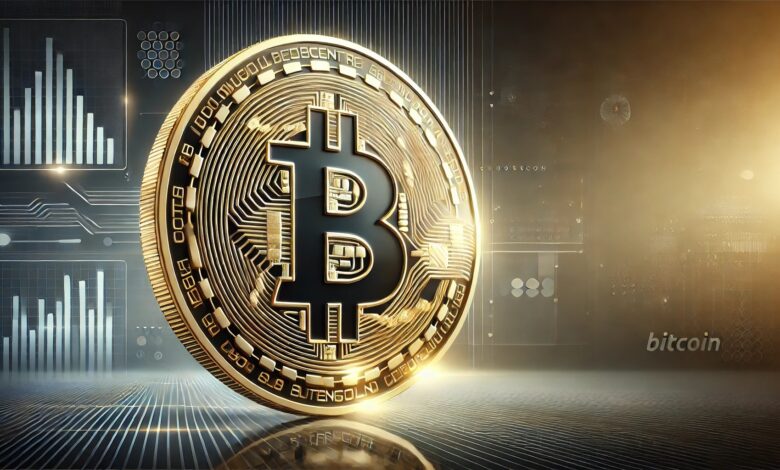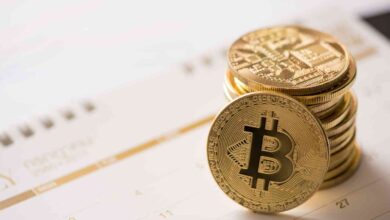
Deconstructing the IMF’s Alleged Recognition of Bitcoin as “Digital Gold”
On social media platform X, a flurry of speculation suggested over the weekend that the International Monetary Fund (IMF) had formally acknowledged Bitcoin as “digital gold” in its freshly revised Balance of Payments Manual (BPM7). Influential personalities fueled the buzz with statements like, “Breaking: The International Monetary Fund (IMF) has stated that Bitcoin is a digital gold,” and “Huge. The IMF calls Bitcoin Digital Gold. A turning point. IMF’s new rules (BPM7) add BTC to global money tracking. Like gold or land, if you buy or sell Bitcoin across borders, it’s tracked like trading property.”
Evaluating IMF’s Stance on Bitcoin
Even Max Keiser, a well-known Bitcoin proponent and investor, chimed in, asserting via X that “The IMF has just recognized Bitcoin as de facto digital Gold. SOURCES confirm the IMF is adding Bitcoin to their own reserves and will soon include BTC in their SDR basket/index as well.”
Upon a more meticulous examination of the 1,076-page document, however, it becomes apparent that these bold assertions stem from a misunderstanding of the IMF’s language concerning crypto assets. Dennis Porter, CEO & co-founder of the Satoshi Act Fund, explained that the rumors were based on a section describing “new digital assets designed to be used as a means of payment or act as a store of value.”
A Misinterpretation of IMF’s Words
Porter emphasized that interpreting this as the IMF officially declaring Bitcoin to be “digital gold” was “a massive stretch.” He acknowledged that while the IMF is recognizing the intended roles of various crypto assets, it is not endorsing Bitcoin as ‘digital gold.’
“Ok, I’ve tracked down why people are claiming the IMF said Bitcoin is digital gold. […] This is a massive stretch to jump to: ‘IMF says BTC is digital gold.’ The key phrase is ‘designed to be’. A good sign that the IMF is recognizing this but definitely not an endorsement of Bitcoin as ‘digital gold,’” Porter clarified via X.
Bitcoin’s Mention in the BPM7 Report
Bitcoin is referenced five times in the entire report. A crucial segment of the BPM7 manual clarifies that “crypto assets without a counterpart liability designed to act as a medium of exchange (e.g., Bitcoin) are treated as nonproduced nonfinancial assets and recorded separately in the capital account; those with a corresponding liability are treated as financial assets.”
This classification effectively treats Bitcoin more like property or commodities rather than endorsing it as a novel form of gold. The document frequently mentions Bitcoin alongside stablecoins and NFTs, illustrating how these assets should be documented and monitored in international financial records. One section emphasizes Bitcoin’s fungibility, stating that “one Bitcoin is equal to any other Bitcoin and can be divided into equal pieces,” rather than categorizing it as a precious metal.
The Reality Behind the IMF’s Guidelines
Another section elucidates that “new digital assets” might function as a method of payment or as a store of value, but it does not elevate Bitcoin to the level of an official monetary reserve. Indeed, at no point does the IMF report suggest adding Bitcoin to its reserves or incorporating it into the Special Drawing Rights (SDR) basket.
Instead, the IMF’s revised guidelines underscore a growing necessity to classify and record cross-border crypto transactions with heightened accuracy. By designating Bitcoin as a “nonfinancial asset,” the manual acknowledges the significant role of decentralized cryptocurrencies and the need to assess their economic influence. Any perception that the IMF has labeled Bitcoin as “digital gold” appears to be driven more by social media fervor than the measured language present in the actual report.
As of now, Bitcoin is trading at $86,889.
Our Editorial Commitment
At Bitcoinist, our editorial process is committed to providing meticulously researched, precise, and impartial content. We adhere to stringent sourcing criteria, and each page undergoes thorough review by our team of leading technology experts and seasoned editors. This dedication guarantees the integrity, relevance, and value of our content for our readers.
“`







